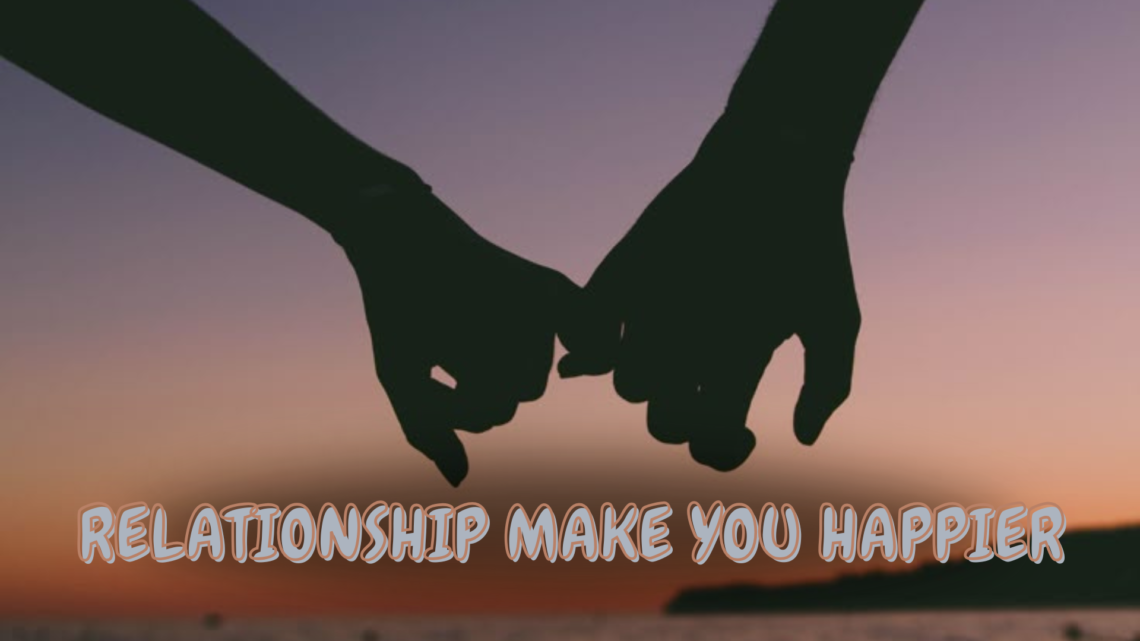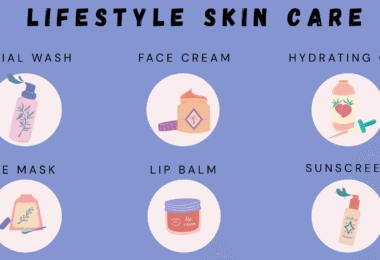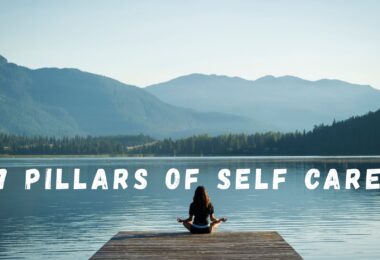Introduction
Does being in a relationship make you happier? This is a question that has intrigued psychologists, researchers, and individuals for decades. While some argue that love and companionship lead to greater life satisfaction, others believe that happiness is more about individual mindset rather than relationship status.
In this article, we will explore whether relationships contribute to happiness, what factors determine relationship satisfaction, and how single life compares. Backed by research and expert opinions, this post will provide insights to help you understand the true link between love and happiness.
The Science Behind Relationships and Happiness
Do Relationships Contribute to Happiness?
Scientific research suggests that relationships can have a profound impact on happiness levels. According to a study by Harvard University, strong relationships are one of the key determinants of long-term well-being and life satisfaction.
Benefits of Being in a Relationship Make You Happier
- Emotional Support – Partners provide comfort during tough times.
- Shared Experiences – Enjoying milestones together enhances joy.
- Health Benefits – Studies suggest married individuals tend to live longer and have lower stress levels.
- Sense of Purpose – Relationships foster responsibility and motivation.
- Increased Resilience – Having a supportive partner helps people cope with adversity better.
- Better Financial Stability – Couples often pool resources, making life more secure.
However, not all relationships contribute positively. The quality of the relationship matters more than just being in one.
The Role of Relationship Quality in Happiness
Healthy vs. Unhealthy Relationships
Not all relationships lead to happiness. A toxic or unfulfilling relationship can cause stress, anxiety, and even depression. Here are some key differences:
| Healthy Relationship | Unhealthy Relationship |
| Mutual respect & trust | Constant conflicts & distrust |
| Open communication | Lack of communication |
| Emotional support | Emotional manipulation |
| Growth & encouragement | Feeling stuck & drained |
| Shared goals & values | Mismatched priorities |
| Security & stability | Frequent emotional turmoil |
Signs of a Fulfilling Relationship
- Open and honest communication
- Mutual respect and admiration
- Healthy conflict resolution
- Emotional and physical intimacy
- Shared goals and values
- Encouragement for personal growth
- Trust and security in the relationship
Can You Be Happy While Single?
The Joy of Being Single
Many studies highlight that single people can be just as happy as those in relationships. Personal fulfillment, career satisfaction, and strong friendships can all contribute to happiness without the need for a romantic partner.
Advantages of Being Single
- Freedom & Independence – Make decisions without compromise.
- Self-Discovery – Focus on personal growth and hobbies.
- Less Stress – Avoid conflicts and emotional strains of relationships.
- Stronger Friendships – More time to nurture friendships and family bonds.
- Career and Financial Growth – Prioritize ambitions without external obligations.
- Improved Mental Health – Avoid the emotional toll of unhealthy relationships.
Why Some People Prefer Being Single
- Enjoy solitude and self-reflection
- Desire personal and professional growth
- Past relationship trauma or challenges
- Preference for non-romantic companionship
Factors That Influence Happiness More Than Relationship Status
While relationships can enhance happiness, other factors play a crucial role:
- Mental Health – A healthy mind leads to a happier life.
- Career Satisfaction – Enjoying your job boosts self-worth and fulfillment.
- Physical Well-being – Regular exercise and a balanced diet improve mood.
- Social Connections – Having strong friendships matters as much as romantic relationships.
- Financial Stability – Reducing stress related to money enhances happiness.
- Sense of Purpose – Engaging in meaningful activities fosters joy.
- Self-Love and Confidence – Feeling good about yourself boosts overall well-being.
The Role of Cultural and Social Expectations
How Society Influences Relationship and Happiness Views
Cultural norms and social pressures can shape how we perceive happiness in relationships. In many societies, marriage and romantic relationships are seen as milestones of success and fulfillment. However, this expectation may not apply to everyone.
Common Societal Expectations
- Marriage as a symbol of stability and success
- Pressure to be in a relationship by a confident age
- Social stigma against long-term singlehood
- The belief that happiness depends on companionship
Challenging Traditional Norms
While relationships can bring joy, personal happiness should not be dictated by societal expectations. Many individuals find purpose and fulfillment outside romantic relationships through careers, travel, hobbies, and friendships.
How to Cultivate Happiness Regardless of Relationship Status
Practical Ways to Boost Happiness
Whether single or in a relationship, happiness comes from within. Here are some actionable ways to enhance joy and well-being:
For Those in Relationships:
- Prioritize open and honest communication.
- Make time for shared activities and experiences.
- Respect each other’s personal growth and independence.
- Address conflicts in a healthy and constructive manner.
- Keep the romance alive with surprises and appreciation.
For Those Who Are Single:
- Focus on self-care and personal well-being.
- Pursue passions and hobbies that bring joy.
- Cultivate strong friendships and social bonds.
- Set personal goals and celebrate achievements.
- Practice gratitude and mindfulness daily.
Final Thoughts About Being in a Relationship Make You Happier
So, does being in a relationship make you happier? The answer isn’t straightforward. While loving and supportive relationships can contribute to happiness, personal well-being, mental health, and life choices play equally vital roles.
If you’re in a fulfilling relationship, cherish and nurture it. If you’re single, embrace self-love and personal growth. Happiness isn’t about relationship status—it’s about creating a fulfilling life on your own terms.
FAQ’s
1. Does being in a relationship always make people happier?
Not necessarily. While a healthy relationship can bring joy and emotional support, an unhealthy or toxic relationship can lead to stress and unhappiness.
2. Can single people be just as happy as those in relationships?
Yes! Happiness depends on personal fulfillment, self-growth, and meaningful connections, whether romantic or not. Many single people live happy and fulfilling lives.
3. What are the benefits of being in a relationship?
Being in a supportive relationship can provide emotional support, companionship, and a sense of belonging. It can also lead to better mental and physical well-being.
4. Are there downsides to being in a relationship?
Yes. Relationships require effort, compromise, and emotional investment. If there is a lack of compatibility, trust, or communication, they can lead to stress and unhappiness.
5. What factors contribute to happiness in a relationship?
Trust, respect, communication, emotional support, shared values, and quality time together are key factors in a happy relationship.
6. How can I find happiness whether I’m single or in a relationship?
Focus on self-love, personal growth, hobbies, social connections, and a positive mindset. Happiness should come from within, not just from a relationship.
Call-to-Action:
Did you find this article insightful? Share your thoughts in the comments below for more relationship and well-being tips!








Leave a Comment